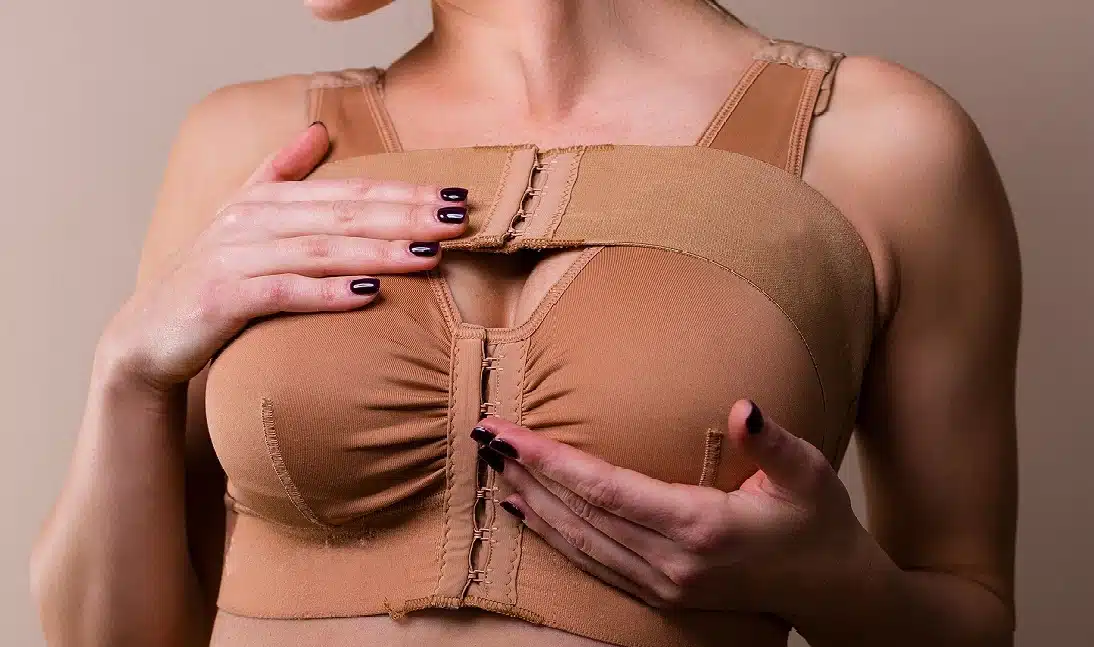
Breast Surgery
Breast surgery is a specialized field encompassing a range of procedures to reshape, reconstruct, or enhance the breasts. It involves various techniques like augmentation, reduction, lifts, and reconstructive surgeries. These procedures aim to achieve aesthetic improvements, correct asymmetry, address health concerns, or reconstruct breasts post-mastectomy. Augmentation utilizes implants or fat transfer to enhance volume, while reductions alleviate discomfort by decreasing breast size. Breast lifts focus on elevating sagging breasts, providing a firmer appearance. Reconstruction aids individuals after cancer treatments. Each procedure differs in approach and recovery, catering to individual needs and goals.
Consulting a qualified surgeon is crucial for tailored advice on the suitable breast surgery approach, considering factors like health, desired outcomes, and potential risks. Understanding the nuances of these procedures empowers individuals to make informed choices, ensuring desired results and a positive post-operative experience.
Breast Surgery Cost
Breast surgery costs vary based on the specific procedure. Factors like female to male breast surgery cost and revision breast surgery cost differ due to the complexity involved. Cosmetic breast surgery cost can vary widely based on the type and extent of the surgery. Turkey offers competitive breast surgery prices, often providing quality care at more affordable rates compared to other countries. Researching and consulting with experts are essential for informed decisions regarding breast surgery.
Types of breast surgery
Breast surgery spans various procedures, each addressing specific needs. Different types of breast surgery encompass procedures like augmentation, reduction, and reconstruction. Techniques and types of breast surgery procedures involve different incision methods, such as periareolar or inframammary incisions. While cosmetic breast surgery aims at enhancing appearance, all surgeries have potential side effects like temporary discomfort, scarring, or changes in sensation, crucial to consider pre and post-surgery, regardless of gender or implant material used.
Types of breast surgery
Breast surgery encompasses various procedures tailored to individual needs. These different types of breast surgery include augmentations, reductions, and reconstructions. Types of breast surgery procedures involve specific techniques, like cosmetic enhancements or restorative surgeries. The variety in types of breast surgery incisions comprises various approaches like periareolar or inframammary incisions. Each breast surgery type aims at different outcomes, providing options suited to diverse preferences and requirements.
Breast Augmentation: Enhances breast size using implants or fat transfer.
Breast Reduction: Decreases breast size, relieving discomfort and enhancing appearance.
Breast Reconstruction: Restores breasts post-mastectomy.
Breast Lift (Mastopexy): Raises and reshapes sagging breasts for a more youthful contour.
Breast Revision: Corrective surgery to modify or improve previous breast procedures.
FAQ
What is breast surgery?
Breast surgery encompasses a range of procedures aimed at altering the breasts’ size, shape, or condition. It includes augmentation, reduction, reconstruction, and lifts, each tailored to specific needs. Breast surgery often involves implants or reshaping techniques to enhance aesthetics or address medical concerns, like correcting asymmetry or reconstructing after cancer surgery.
How much does breast surgery cost?
The cost of breast surgery can widely vary based on numerous factors like the type of procedure, surgeon’s expertise, facility charges, and location. Generally, it can range from a few thousand dollars to tens of thousands, including surgeon fees, anesthesia, operating room fees, and post-surgery follow-ups. Exact costs can be clarified during consultations due to personalized aspects of each procedure.
What type of anesthesia is used for breast surgery?
Breast surgeries commonly employ general anesthesia. However, options vary based on the procedure’s complexity. Local anesthesia with sedation may suffice for less invasive surgeries, while complex ones might require general anesthesia to ensure complete unconsciousness throughout the operation. An anesthesiologist evaluates and determines the most suitable type considering the surgery’s specifics and patient’s health.
What type of doctor does breast surgery?
Breast surgery is typically performed by a board-certified plastic surgeon or a breast surgeon who specializes in breast-related procedures. These specialists undergo extensive training and are skilled in various breast surgeries, including reconstructions, augmentations, reductions, and treatments for breast cancer. Their expertise ensures precise and tailored care for diverse breast-related concerns.
Can I walk after breast surgery?
After breast surgery, light walking is usually encouraged early on. However, the extent and pace of walking depend on the type of surgery and individual recovery. Short walks aid circulation and prevent stiffness but always follow your surgeon’s recommendations. Activities may be limited initially to ensure optimal healing and comfort.
How long after breast surgery can you lift?
After breast surgery, light walking is usually encouraged early on. However, the extent and pace of walking depend on the type of surgery and individual recovery. Short walks aid circulation and prevent stiffness but always follow your surgeon’s recommendations. Activities may be limited initially to ensure optimal healing and comfort.
How to remove breast surgery scars?
Removing breast surgery scars involves various methods, such as topical treatments, silicone sheets, laser therapy, or surgical revision. Your surgeon might suggest creams, gels, or scar massage to minimize their appearance. Always consult your doctor for the most suitable approach based on scar type and healing progress.
How long does breast surgery last?
Breast surgery duration varies based on the procedure complexity. Simple surgeries like augmentation might take around 1-2 hours, while more intricate reconstructions could last 3-6 hours. The timeframe includes prep, surgery, and recovery monitoring. Your surgeon can give a clearer estimate based on your specific case and the surgery’s intricacy.
